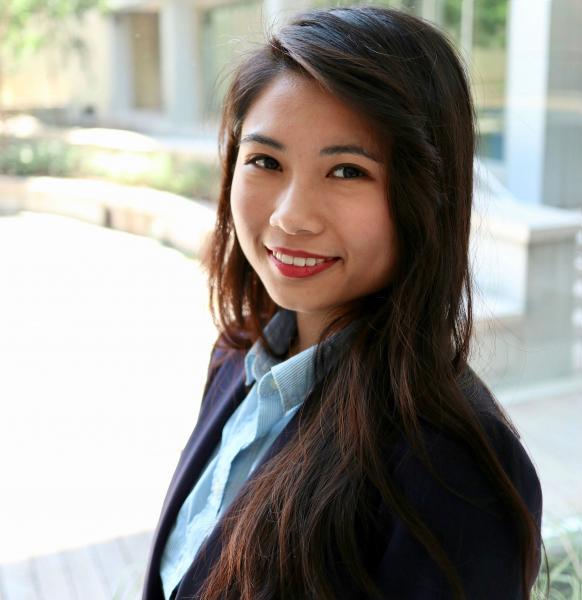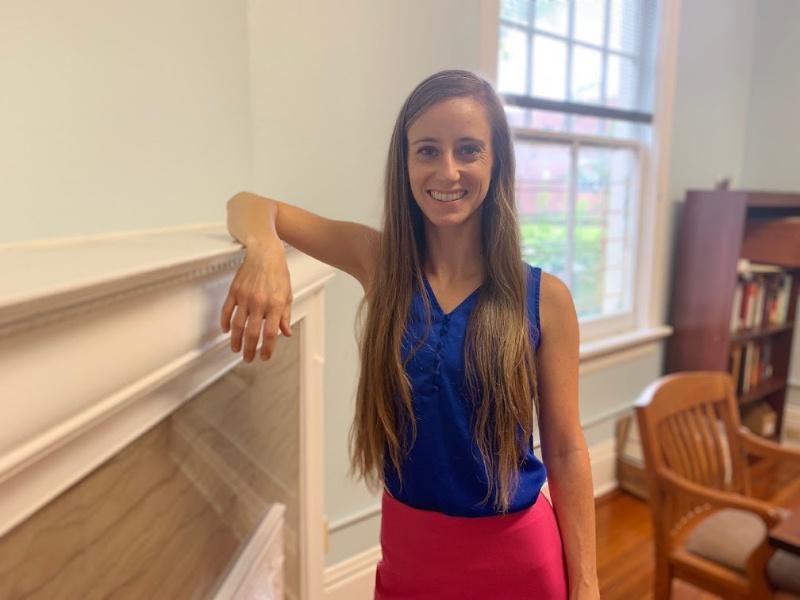Student receives environmental law prize
A Tulane Law student has won the second annual Tulane Center for Environmental Law (TCEL) Prize for her article detailing the devastating impacts of air pollution on historic black communities in Louisiana’s River Parishes.
Julie Schwartzwald received the $1,000 award for her Comment The Health Impacts of Petrochemical Expansion in Louisiana’s River Parishes and Realistic Options for Affected Communities, which explores how industrial pollution disproportionately damages historic black communities in Louisiana’s Cancer Alley.
Schwartzwald (L’21) is the incoming editor-in-chief of the Tulane Environmental Law Journal, taking on Volume 34. A panel of judges selects the author of the best of each current year’s Comments by Journal members and awards the prize.
The prize is a collaboration between the Journal and the Center, and this year’s judges included Tulane Law Prof. Lauren Godshall of the Environmental Law Clinic; recent Tulane Law graduate Andrew Taylor (L’19), former Journal editor; and alum Tray Smith (L’16), an associate at Vinson & Elkins.

Law Journal editor.
Thuy Le (L’20), the current editor of the Journal’s Volume 33 who helped coordinate the awarding of this prize, said the joint effort helps elevate student scholarship in environmental law.
“As a student, it's often a rare opportunity to have experienced practitioners read your work, let alone review it. These comments are read by a group of practitioners who then return them with suggestions and feedback, which is an invaluable benefit for our members," said Le.
In her comment, Schwartzwald took on Louisiana’s chemical industry’s disproportionate impacts on residents of predominantly black neighborhoods. She guides readers through the development of these issues over time and presents possible strategies to address the problem.
“My goal was not to tell communities what they should want, but to lay out some legal options that would help give them a seat at the table,” said Schwartzwald.
Schwartzwald gave special recognition to two professors, Lisa Jordan, the Director of the Environmental Law Clinic, for providing her with the clinical experience that inspired her to write about this topic and Adam Babich, for his guidance during the drafting of her comment.
Schwartzwald has focused her law school studies on environmental issues. In addition to being incoming Journal editor, she has been a student attorney in the Environmental Law Clinic. She also is a member of the Moot Court Appellate Team, Justice of Phi Alpha Delta, and the Know Your Rights Chair at Tulane’s ACLU Chapter.
The TCEL fills a crucial role within Tulane Law School as the umbrella for faculty research, student scholarship and law school programing in environmental law. Its goal is to promote programs that serve students, faculty, staff, alumni, and the community at large and to be a portal for interdisciplinary collaborations and broader engagement with the bar and institutions beyond the walls of the law school to create a stimulating environment for teaching, learning and service.

